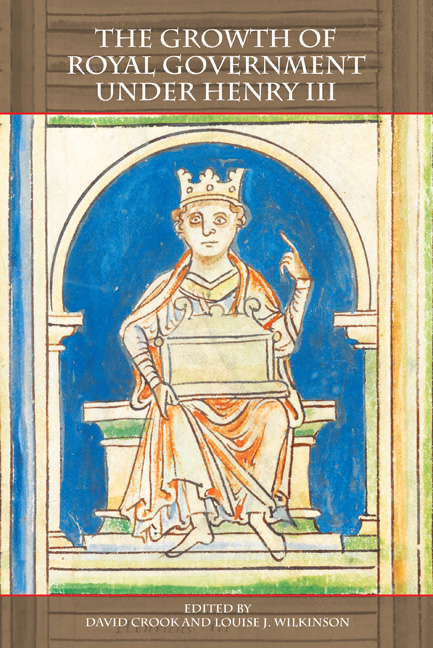12 - The Church and the King: Canon Law and Kingship in England, 1257–61
Published online by Cambridge University Press: 13 April 2021
Summary
The history of the late 1250s in England is dominated by legislation, particularly that of the baronial council. The long-term importance of the Provisions of Oxford and the Provisions of Westminster has been recognised and well considered. Yet another legislative process was also taking place in these years, in a series of Church councils: the process of developing a set of statutes for the English Church, which were finally presented to the pope for ratification in 1261. These statutes failed to obtain Pope Urban's consent, and were set aside, despite Archbishop Gray's claims that they were considered law by the English Church and recited before Archbishop Pecham's council of 1289. Yet the legislation, and its two earlier recensions of 1257 and 1258, is of pivotal importance for the history of the development of the English Church. In a long-term, gradual process of compromise and change, they mark a crisis in attempts to demarcate the line between secular and ecclesiastical law. Although the specific issues were not new in 1257 and did not disappear in 1261, the concentration upon them in the first half of the thirteenth century, and the Church's willingness to oppose the secular court's claims, reflect the establishment of settled, permanent episcopal courts in the 1240s and 1250s and the need to decide their areas of jurisdiction; the bishops’ views of secular authority and law are also illustrated, as is the parallel relationship between Prince and Church. The Church's process of legislation in 1257–61 demonstrates too the background from which the cooperation of bishops and barons was forged in 1264, while also revealing tensions which show that the alliance was always likely to be short lived.
In March 1257 Henry III called a council at Westminster for ecclesiastical and lay magnates. The constitution of the ecclesiastical section of this council was a broad one: Matthew Paris says that not only bishops and abbots but also archdeacons representing every diocese attended. Here they heard Master Rostand, papal nuncio, lay out the details – and supposed advantages – of the Sicilian business: that is, Henry's attempt to take Sicily after accepting the papal offer of that kingdom for his second son, Edmund.
- Type
- Chapter
- Information
- The Growth of Royal Government under Henry III , pp. 196 - 211Publisher: Boydell & BrewerPrint publication year: 2015



